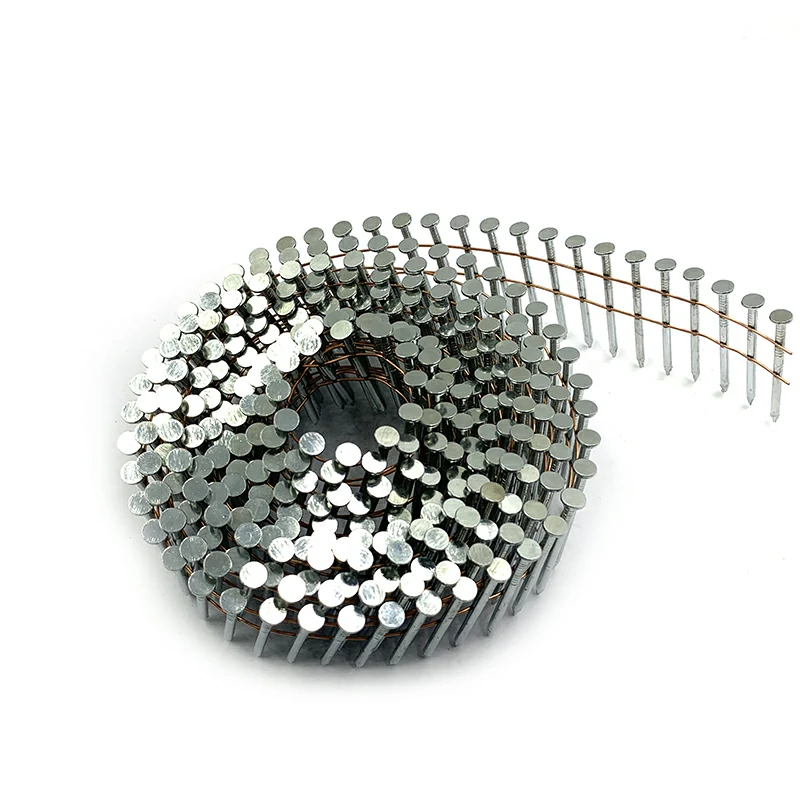When it comes to fastening materials to concrete, coil nails are an excellent option. Their collated strip format makes them easy to use with pneumatic nail guns, and their hardened steel composition allows them to embed firmly into concrete. This post covers the benefits of coil nails for concrete applications and the different types available.
Popular Types of Coil Nails for Concrete
• Sinker Shank Nails – Feature a reverse tapered neck that compresses concrete around the shank for a sturdier hold.
• Screw Anchor Nails – Have threaded or “helical” shanks that provide tremendous pullout resistance once set in concrete.
• Stud Nails – Longer fasteners up to 4 inches in length for attaching objects deeply into concrete.
• 2-Inch Coil Nails – An efficient option for a wide range of medium-duty applications. The 2-inch length provides good embedment and pullout resistance ring shank coil roofing nails without being overly long.
• Graphic Display Nails – Specialty fasteners designed for attaching signs, banners and other displays to concrete floors or walls.
• Concrete Staples – Used to hold rebar, wire mesh and securing other materials during the pouring process.

Advantages of Coil Nails for Concrete
• Fast installation – Concrete coil nails feed smoothly into nail guns for rapid fastening.
• No fumbling with loose nails – The strip eliminates misfires and jamming.
• Easy to carry and store on jobsite – Lighter and more compact than box nails.
• Nails remain straight – Less prone to bending and distortion.
• Better consistency – Precise strip feeding results in more uniform placement.
• Available in various diameters, lengths and styles for different needs.
Overview Of Coil Nails Fastening Into Concrete
Wire collated Coil nails enable fast, mess-free fastening into concrete. They install quickly with pneumatic nailers and come in a wide range of types to suit both medium-duty and heavy-duty applications. The collated format streamlines the nailing process and reduces wear and tear on nails.
